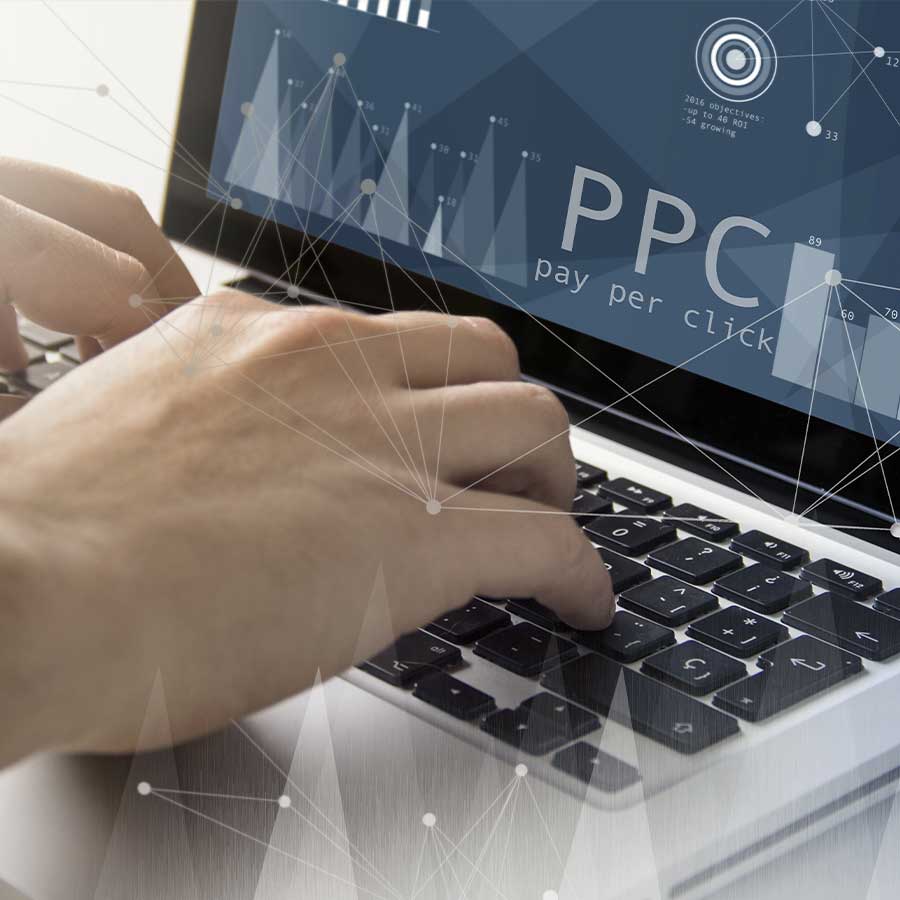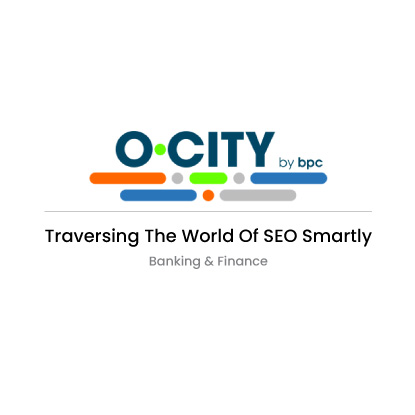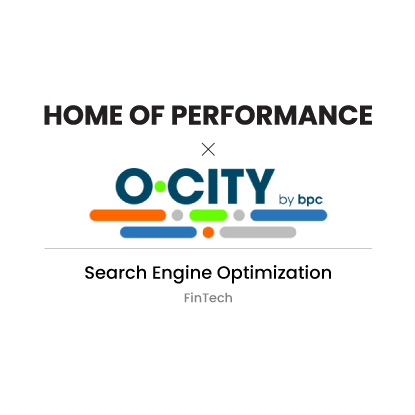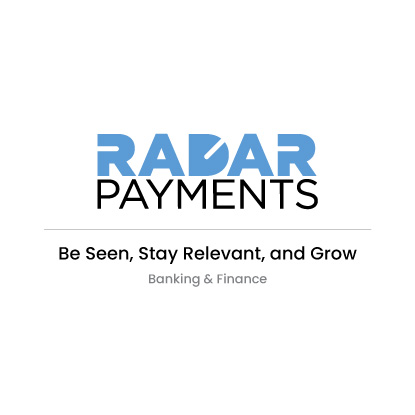PPC Consulting
PPC Consulting
Whether it is spreading awareness of your brand, driving traffic to your product pages, or re-engaging past visitors, Pay Per Click consultancy can help you reach your goals. Our PPC experts will work hand in hand with other departments like SEO and content team to make sure that you get the best results for your campaign.. At Home of Performance, we offer strategy implementation and a data driven approach to PPC marketing.
Analyse your current PPC strategy as well as your goals for future PPC campaigns.
Advertise your business across some of the most popular websites for consumers today.
Use PPC marketing to get more clicks and conversions and make the most out of your monthly budget.
We create PPC campaigns, generate and test ad copy, and optimize your advertising.
Target a very specific range of keywords that increase web visits and clicks.
Assess your PPC campaign monthly and assess what can be improved.

In-Depth Business Analysis
Our team analyzes your current PPC strategy, along with your goals and aspirations for future campaigns. Additionally, we will research your business, industry, competitors, and products or services. We also provide you with a consistent point of contact, making communication easier and more efficient.

Compelling Ads
We help you market your business across popular channels available for consumers today like Google, Bing, and YouTube which makes it possible to get your products and company on the radar. We also help you create a remarketing campaign that can target users who have already visited your website, which provides you with another opportunity to convert those into potential customers.

Strategic Bid Management
We include strategic bid management as part of our PPC consulting services, and our team will aim to make the most of your ad budget for the month. A competitive bid that is also cost-effective can help your business get more clicks and conversions from your ads. This yields a considerable return on investment (ROI) for your business.

Ad Copywriting And Testing
Our team takes full responsibility for creating a campaign, generating ad copy, and optimizing your advertising. We offer ad copywriting and copy testing as part of our PPC services. Based on our in-depth research of your company, competition, and goods, will create captivating ad copy which is then tested and updated to increase clicks and conversions.

Precise Keyword Targeting
We will create a keyword targeting plan which can target up to a range of keywords, allowing your company to successfully reach its target market. Focusing on paid keyword intent, we use keywords that drive the correct traffic to your landing pages. This allows us to boost your campaign performance and ultimately increase conversions.

Monthly Reporting
Our team will assess the performance of your campaign and report back to you at the end of the month. We may also tailor this report to your business’s needs, emphasising the information that your business and its decision-makers want to see. This allows your team to share campaign updates with company decision-makers quickly, simply, and easily.
Our Case Studies
FAQs
What is PPC advertising?
Pay-per-click (PPC) advertising is a form of online advertising in which businesses pay a fee each time one of their ads is clicked. PPC advertising involves placing ads on search engine results pages or other websites, and the goal is to drive traffic to the advertiser’s website.
It can be an effective way for businesses to reach their target audience and drive traffic to their website. When a user clicks on one of the business’s ads, they are redirected to the business’s website, where they can learn more about the products or services being offered.
What's the difference between Pay Per Click (PPC) and Organic Search Engine Optimization (SEO)?
Pay-per-click (PPC) advertising and organic search engine optimization (SEO) are two different approaches to increasing visibility and driving traffic to a website.
PPC advertising involves placing ads on search engine results pages or other websites and paying a fee each time the ad is clicked. Organic search engine optimization, on the other hand, involves optimizing a website’s content and structure in order to rank higher in search engine results pages for specific keywords.
In summary, PPC advertising involves placing ads on search engine results pages or other websites and paying a fee each time the ad is clicked, while organic SEO involves optimizing a website’s content and structure in order to rank higher in search engine results pages for specific keywords.
What are the two major pay-per-click (PPC) services?
The two major PPC platforms are Google Ads and Bing Ads.
Google Ads is a PPC platform owned by Google that allows businesses to create and manage PPC campaigns on Google and its partner sites. Google Ads is the most widely used PPC platform, with millions of businesses using it to reach their target audience and drive traffic to their website.
Bing Ads is a PPC platform owned by Microsoft that allows businesses to create and manage PPC campaigns on Bing and its partner sites. Bing Ads is the second largest PPC platform, with a smaller, but still significant, number of businesses using it to reach their target audience and drive traffic to their website.
How PPC can help your business?
Pay-per-click (PPC) advertising can be a powerful tool for businesses looking to increase visibility, drive traffic to their website, and generate leads or sales. PPC advertising involves placing ads on search engine results pages or other websites and paying a fee each time the ad is clicked.
Here are some ways in which PPC can help businesses:
Reach a targeted audience: PPC allows businesses to target specific keywords and demographics, ensuring that their ads are being seen by the right people.
Increase visibility: PPC ads are prominently displayed on search engine results pages or other websites, increasing the visibility of the business and driving traffic to the website.
Generate leads and sales: By including a strong call to action in their ads, businesses can drive traffic to their website and generate leads or sales.
Measure and optimize performance: PPC platforms provide a range of tools and features to help businesses track the performance of their campaigns and make data-driven decisions about how to optimize and improve their campaigns.
Control costs: PPC allows businesses to set budgets and bid on specific keywords, allowing them to control their costs and only pay for the traffic they receive.
Can you set budgets for the PPC campaign?
Yes, businesses can set budgets for their pay-per-click (PPC) campaigns. Setting a budget for a PPC campaign allows businesses to control their costs and ensure that they are only paying for the traffic they receive.
PPC platforms, such as Google Ads and Bing Ads, allow businesses to set budgets for their campaigns and bid on specific keywords. The budget for a PPC campaign can be set on a daily or monthly basis, and businesses can choose to spend their budget as quickly or slowly as they like.
Is there a minimum amount to be paid for running a pay-per-click (PPC) campaign?
In general, there is no minimum amount that businesses have to pay per click for their pay-per-click (PPC) advertising campaigns. The cost per click (CPC) for a PPC campaign is determined by the bid that the business places on a specific keyword and the quality score of the ad.
The quality score of an ad is a measure of its relevance and performance, and it is used by PPC platforms, such as Google Ads and Bing Ads, to determine the relevance and importance of an ad. Ads with a higher quality score will typically have a lower CPC, while ads with a lower quality score will have a higher CPC.
How do I get better results from my PPC campaigns?
There are several steps that businesses can take to get better results from their pay-per-click (PPC) campaigns:
Define clear goals: It is important for businesses to define clear goals for their PPC campaigns, such as increasing brand awareness, driving website traffic, or generating leads. This will help businesses to determine which metrics to track and measure, and how to optimize their campaigns to achieve their goals.
Target the right keywords: Identifying the right keywords to target is crucial for the success of a PPC campaign. Businesses should use tools such as keyword research to identify the most relevant and effective keywords to target.
Create compelling and relevant ads: Creating compelling and relevant ads is essential for engaging the target audience and driving conversions. Ads should have a strong call to action and be relevant to the keywords being targeted.
Optimize landing pages: The landing pages that PPC ads lead to should be optimized for conversions. This includes ensuring that the page loads quickly, has a clear call to action, and provides relevant and valuable information to the user.
Use negative keywords: Negative keywords help businesses to exclude certain keywords from their campaigns, ensuring that their ads are only shown to users who are likely to be interested in their products or services.
Monitor and analyze performance: It is important for businesses to regularly monitor and analyze the performance of their PPC campaigns, using tools such as Google Analytics to track metrics such as clicks, conversions, and cost per conversion. This will help businesses to identify areas for improvement and optimize their campaigns for better results.


